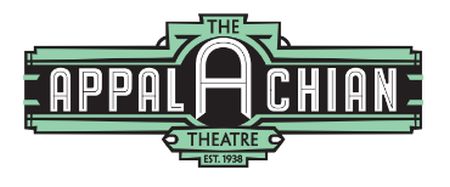Heating Safety During Hurricane Helene Recovery PSA
Weather forecasts show temperatures dropping into the upper 30s and 40s in the week ahead.
Many residents in our area will be switching to secondary heating sources due to damaged
infrastructure from Hurricane Helene. What they may not realize is that turning up the heat can
increase the risk of home heating fires and carbon monoxide-related deaths.
According to the National Fire Protection Association (NFPA), half of all home-heating fires
occur in winter. On average, NFPA research shows that heating equipment is involved in more
than 56,000 reported U.S. home structure fires per year, with associated loss of more than 470
civilian deaths, more than 1,490 civilian injuries, and roughly $1.0 billion in direct property
damage per year.
While these numbers are frightening, nearly all of these fires are preventable. By taking some
simple precautions and using heating equipment properly, we can reduce the number of home
heating fires, carbon monoxide poisoning, and deaths in our community.
The National Fire Protection Association and Boone Fire Department recommend some simple
home heating safety tips so residents can help keep our community safe and warm while
recovering from Hurricane Helene's effects.
● Install UL-approved smoke alarms in every bedroom, outside each separate sleeping area,
and on every level of the home. Interconnect all smoke alarms throughout the house so
that when one sounds, they all sound. Test smoke alarms at least once a month and
change batteries annually.
● If you heat with fossil fuels such as fuel oil, kerosene, propane, and natural gas, or if you
burn wood, or if your home has an attached garage, you should install carbon monoxide
alarms.
● Install and maintain a carbon monoxide alarm outside each separate sleeping area, on
every level of the home, and in other locations as required by laws, codes, or standards.
● Never use an oven to heat your home.
● Practice your home fire escape drill.
● Have your chimney inspected yearly by a qualified professional and cleaned if necessary.
● Use a sturdy fireplace screen.
● Allow ashes to cool before disposing. Dispose of ashes in a metal container with a
tight-fitting lid and store it at least 10 feet away from the home. Do not dispose of ashes
near flammable vegetation.
● Space heaters and wall heaters need space. Keep everything that can burn, such as paper,
bedding, furniture, and towels, at least 3 feet away from heating equipment.
● Turn portable heaters off when you go to bed or leave the room.
● Only plug power cords into outlets with sufficient capacity and never into an extension
cord. Only plug one heat-producing appliance into an electrical outlet at a time.
● Inspect for cracked or broken plugs or loose connections. Replace before using.




